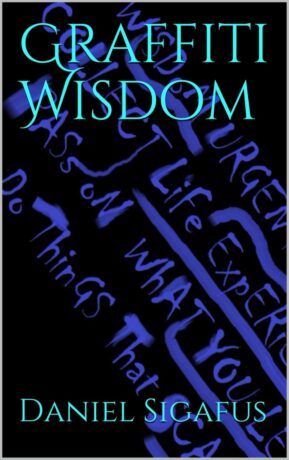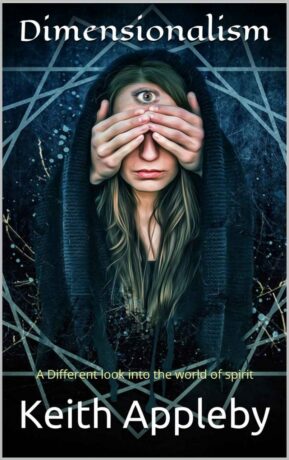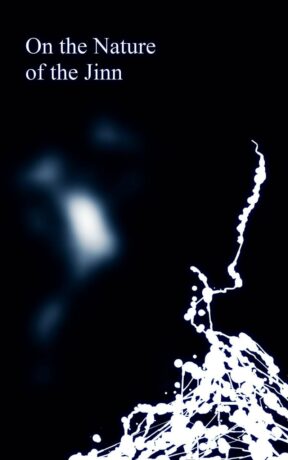Skip to content
Magick Matters
"Ever wondered how the world of spirit would look if there was no god, or higher being. Then look no further "Dimensionalism - A Different look into the world of spirit" does just that.
The author, Keith Appleby does not believe in God, The Devil, Divine Intervention or The Light, but yet still deals with spirit on a regular basis. If God existed and was all spirit, then why would he be able to speak to spirit, speak through telepathy and many other abilities?
This book delves into different ways of looking into the world of spiritualism, how the spirit world works, how we can and cannot communicate, or more to the point why we cannot...>>





